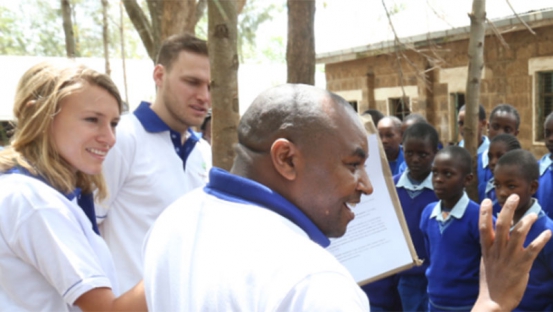×
The Standard e-Paper
Smart Minds Choose Us

KAJIADO, KENYA: As people around the globe marked the World Water Day on March 22, school pupils of a primary school in Kenya held a debate revolving around a persistent drought crisis and life-threatening food shortages afflicting millions across East and Horn of Africa.